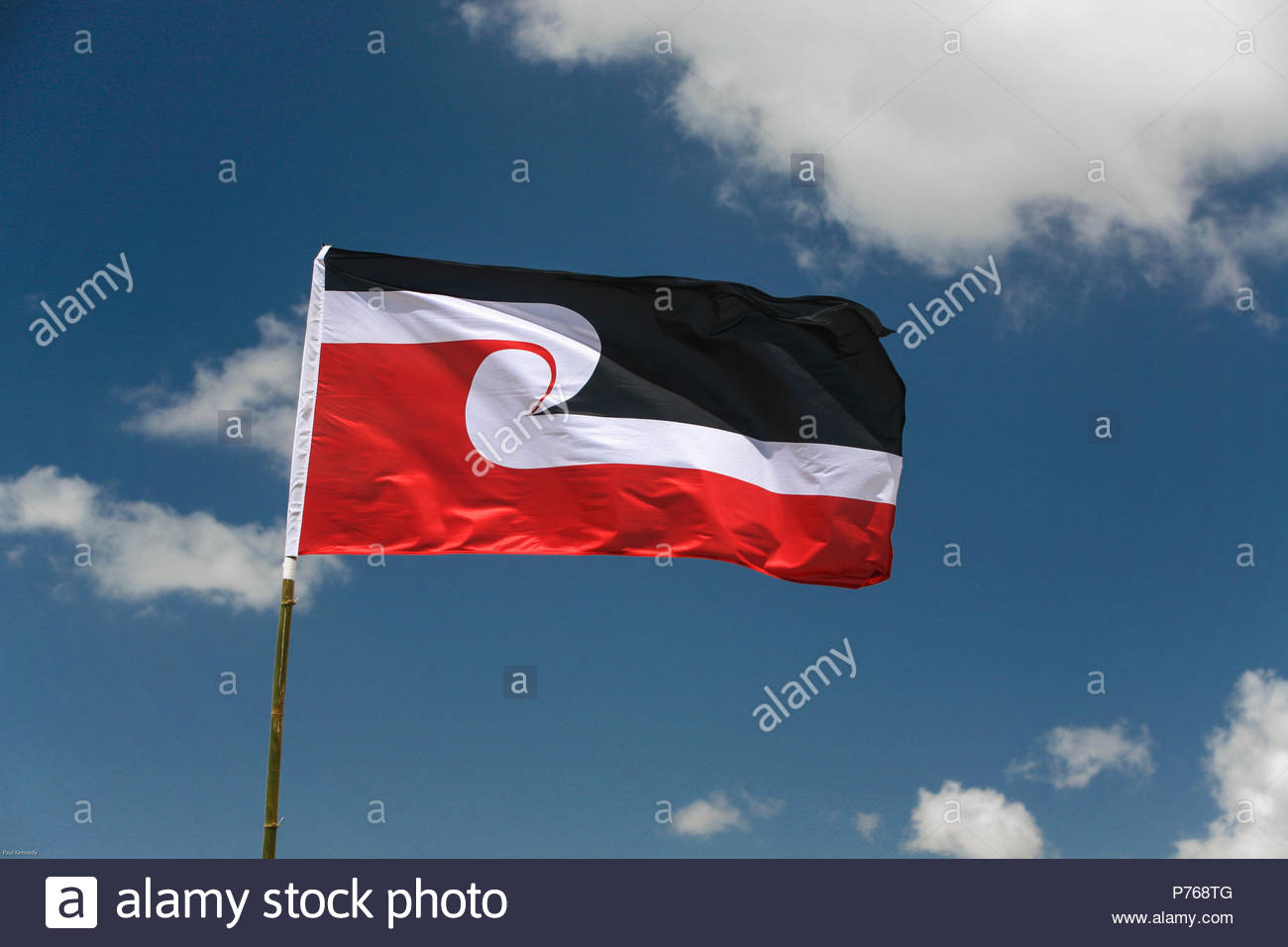Over the last few weeks, the National Party has raised questions about the intent and purpose of this document. Naturally, this has raised calls of racism and a party desperate to grab media headlines. However, there is much more to this debate than racism and desperation.
This debate is also about sovereignty, democracy and control over a wide range of issues that take into whole aspects of our society, ranging from culture and ethnicities, the concept of the rule of law, the Westminster system and land ownership. This is not just about racism, as Maori and the liberal left would have us believe. It is about everyone. The question must be asked, why is the Labour government refusing to openly discuss this document, while seemingly introducing parts of it over the last few months? They are appropriate questions to ask.
Before this debate, the public and media must understand what the document, He Puapua, proports to achieve. Have you read this document? Have you studied it, at least its main points? Have you thought about the language used and in turn what those sentences mean? In other words, have you done an analysis and critiqued this document?
Before I outline the key points of this document, I would like to tell of the conversations I had while travelling around the top of the South Island. Motel owners, farmers and people working in petrol stations all told me of their fear of losing their freedom and rights. What was happening to democracy and this continual attack on non-Maori, and the continued grievance culture permeating from Maori. There was some disquiet that surprised me. But somehow, the recent News hub poll did not reflect those moods. Why does the public not understand these issues at stake here, or do people simply not care?
Interestingly, these were points raised by Heather Du Plessis-Allan, who also argued on the radio (17 May 2021) there needs to be a debate on this issue, unlike the Dominion Post editorial (20 May 2021), who do not want a debate. Heather Du Plessis-Allan also said that Judith Collins is the wrong person to lead this debate as her history of conflict goes against her, while at the same time she has not articulated this issue well. I agree with Heather that we need a debate on this matter. Calling it simply a racist attack (ala the Dominion Post) is wrong. The He Puapua document is more than about race; it is about sovereignty, self-government and potentially separatism.
Let’s look at the key points of this document.
He Puapua
In the opening letter, Dr Claire Charters states that this document believes that Te Tiriti is New Zealand’s constitutional foundation and central to the realisation of the declaration.
Further, Dr Claire Charters states, “…New Zealand is comparatively weaker in supporting the realisation of Maori self-determination, which we understand to be Maori control over Maori destinies.”
An important part of this document is the Executive Summary, which provides several reference points. I will provide other points of interest within this document and the language used.
- The Executive Summary
- Point Two recommends a refocus of Maori Self-determination.
- Point Three states that self determination ranges from full independence to participation and somewhere in between is self-government. (Right here lies the problem that has been raised by the National Party and those strenuously opposed to this concept. This document clearly states a desire for a separate system of government – as opposed to this document’s reference to Canada – see below).
- Point Five states a desire to make decisions for their own economic, social and cultural development. More of that later.
- Point Six talks about thematic areas of self-determination, participation, territories, resources, culture, equity and fairness. These issues are covered below, but these areas of concern cover the whole discourse of how New Zealand and Maori “sovereignty” operate and co-exist with each other.
- Point Eight states that any plan must be progressed through the engagement with Maori.
- The Vision for 2040
The aim of He Puapua is to ensure Maori exercising authority over Maori matters, as agreed by Maori including:
- Exclusive and/or shared jurisdiction over their lands, territories, resources and culture
- Agreed governance and structures
- Tikanga Maori will be functioning and applicable across Aotearoa under Maori authority and where appropriate under the Crown.
- Participation in central government
- Meaningful and dominant voice in resource management
- Maori rights in state law and policy
- Maori providing for Maori.
- Land and Resources
This section covers the following desires for Maori and New Zealand as follows:
- The nation will know iwi boundaries
- The return of crown land and waters to Maori ownership
- Law, policy and processes to support flourishing Maori iwi, including control and access to these lands.
- “Greater relinquishment of Crown-assumed exclusive authority… over land, resources and taonga”.
- “Law, policy, processes and entities will support a successful bicultural joint sphere of government and management of resources, taonga and Crown lands”.
- Culture
Here the document discusses control over their culture and a heavy influence on other cultures too.
- Maori to exercise authority over all aspects of their culture
- “Te Reo will be flourishing, its use will be widespread and its integrity will be protected”.
- “All New Zealanders will embrace and respect Maori culture as an integral part of national identity, and this will also be reflected in a bi-cultural service…”
- Equity
Finally, the document covers equity.
- Maori will be thriving across all spheres of New Zealand.
- There will be equity between people, meaning that Maori authority is recognised and respected.
- “All Maori will have equity in opportunity and outcomes”.
- New Zealand’s understanding of wellbeing will incorporate a holistic Maori perspective.
This document also refers to Canada and the First Nation People, mainly three distinct tribes from Canada. However, in reading the OECD document and overview of indigenous governance in Canada, the situation there is very different to New Zealand. For a start, the governance of First Nation Peoples is covered under the Indian Act, protecting the rights of these people. Further, approximately 85% of Canadians live within 500 miles of the American border, and approximately 85% of First Nation People live above this line. Therefore, a very different situation exists in Canada to New Zealand. As we know, New Zealanders are well integrated and live throughout New Zealand. To compare these two nations is a misnomer.
I have attempted not to place any opinion on this, other than to highlight the salient points of He Puapua paper for consideration. However, at some point we must debate this matter and try to understand the purpose of this paper. What are the broad implications of Maori aspirations for the whole of New Zealand and how that will affect how we relate to each other, in terms of sovereignty, our individual rights and ownership of land, resources, the legal system and governance of New Zealand as a whole?

